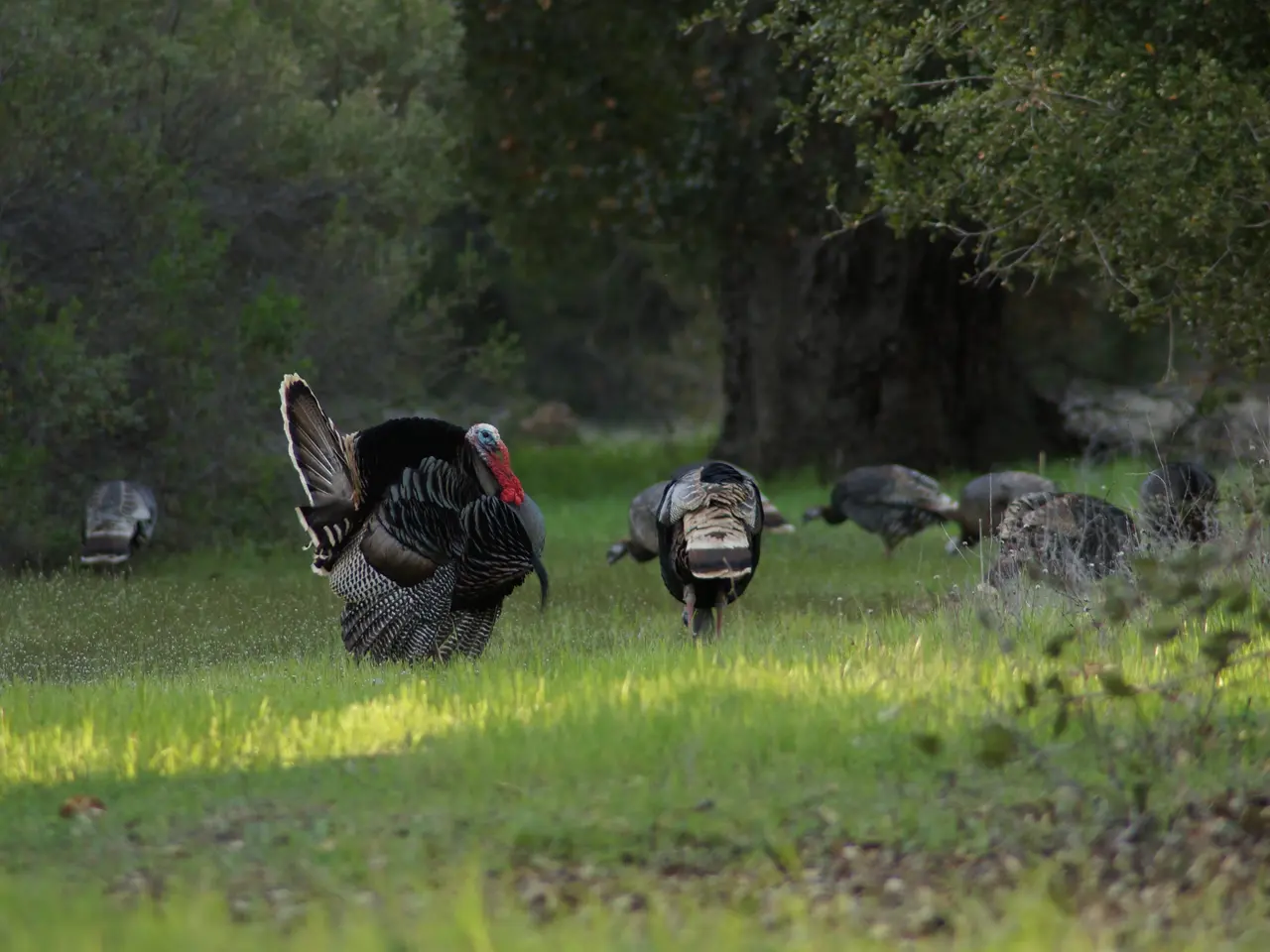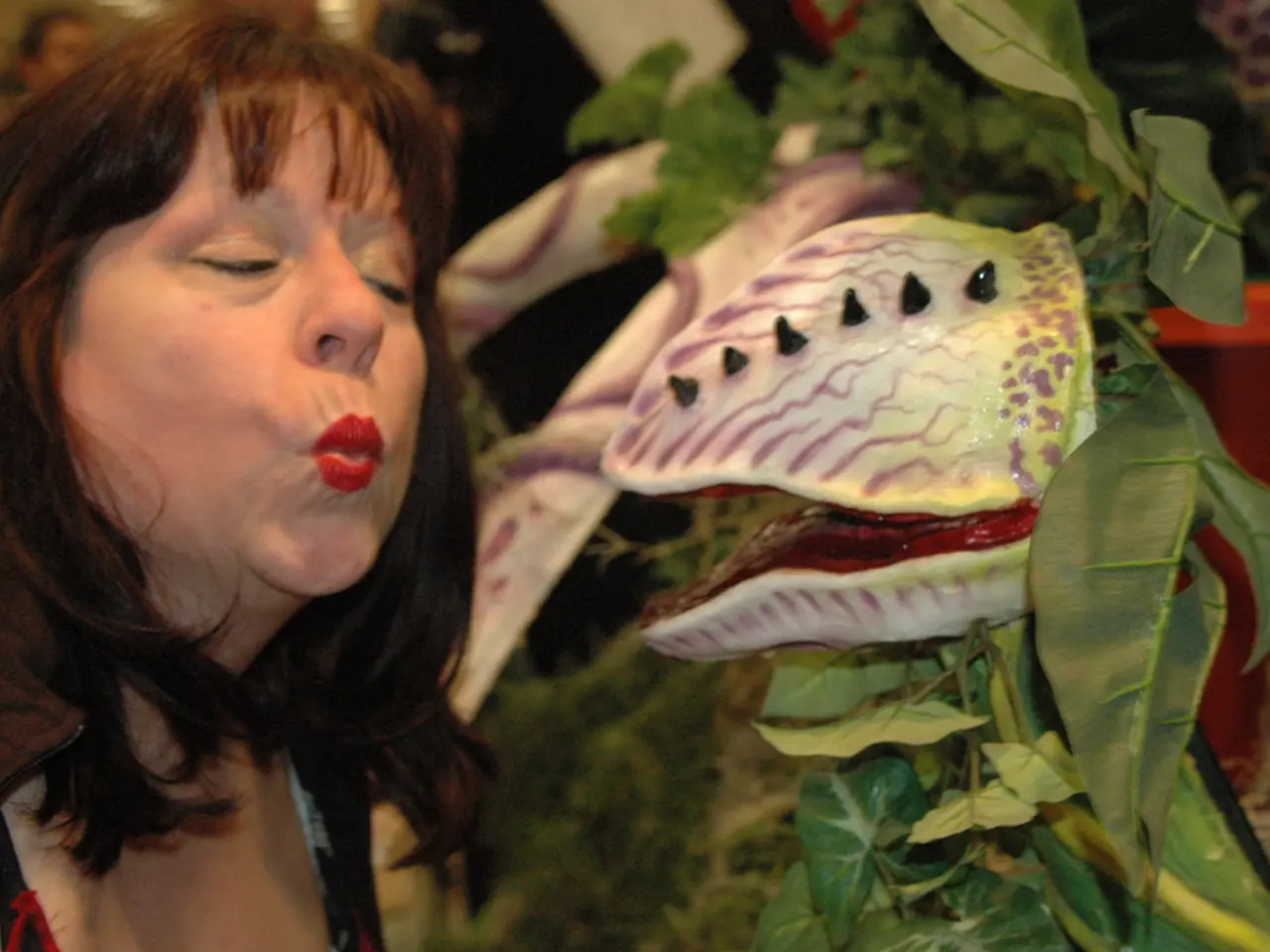Turkey manufactures 4.5 million vaccines in an effort to contain SAT-1 spread
In Turkey, a significant outbreak of the Foot-and-Mouth Disease (FMD) SAT-1 strain has been causing concern among livestock producers and authorities since its initial detection in Hakkari on May 11, 2025. The highly contagious disease, which affects cloven-hoofed animals such as cattle, sheep, goats, and pigs, has spread due to cross-border livestock movement and continued animal transport, particularly during the Eid al-Adha holiday.
The SAT-1 strain poses a significant challenge to the country's livestock industry, causing economic losses through reduced milk production, weight loss, and restricted trade. While the disease is not typically fatal to adult animals, it weakens herds and disrupts farming operations. The outbreak has led to temporary closures of livestock markets, fairs, and animal exchanges as a containment measure, impacting the livelihoods of many farmers.
In response to the outbreak, the Ministry of Agriculture and Forestry has initiated a nationwide mobilization and accelerated vaccine production at the Foot-and-Mouth Disease Institute of Turkey. As of early July 2025, the country has produced 4.5 million locally developed SAT-1 vaccine doses. These vaccines are being distributed free of charge by veterinarians in affected regions and neighboring districts. A second dose is scheduled within 21 days of the first to ensure immunity.
To control the outbreak, Turkish authorities have implemented several key measures. All animal sales locations, including markets, fairs, and exchanges, were temporarily closed to halt animal movement and reduce disease transmission. Intensive vaccination efforts are targeting the newly identified SAT-1 strain, with rapid development and distribution of effective vaccines. Strict controls on the transport of livestock are in place, especially in regions where the disease has been detected. Authorities have reassured the public that there is no risk in the consumption of red meat or dairy products, and the food supply remains secure.
Kamil Özcan, president of the Central Union of Turkish Cattle Breeders, emphasised that breeders are aware of the importance of combating widespread infectious diseases. Tunc̆, another industry figure, mentioned that the closure of markets has not negatively affected the red meat market, and contrary to rumours, prices of meat have dropped and there is no shortage in the market. Özcan added that keeping breeding animals healthy is a shared priority among all parties involved.
The Foot-and-Mouth Disease Institute is producing over 1 million doses of the SAT-1 vaccine per week. The disease began to spread nationwide due to open livestock markets and continued animal transport. Cross-border livestock movement, particularly in eastern Turkey, contributed to the disease's entry into the country. The SAT-1 strain emerged in Europe about four months ago.
The combination of rapid vaccine development, market closures, and movement restrictions forms Turkey's current strategy to manage and contain the SAT-1 outbreak. The authorities have expressed concern about the disease spreading through the movement of sacrificial animals, potentially infecting breeding cows and heifers. As the vaccination program continues, livestock markets that were temporarily closed due to the outbreak will gradually reopen based on the course of the outbreak.
Given that the SAT-1 strain is classified as a transboundary animal disease, continued vigilance and international cooperation are essential to prevent its further spread. The Ministry of Agriculture and Forestry in Turkey has launched a nationwide mobilization to prevent the spread of the SAT-1 strain of foot-and-mouth disease. The vaccines are being distributed quickly across all provinces in Turkey. Tunc̆ reiterated the principle that 'without healthy mothers, there can be no healthy calves.' The fight against the FMD outbreak is a shared responsibility for all parties involved in Turkey's livestock industry.
In the context of Turkey's battle against the Foot-and-Mouth Disease (FMD) SAT-1 strain, the health and wellness of their livestock industry are of utmost importance, as the disease threatens to disrupt the livelihoods of farmers and impact the country's economy. To combat this, the European Union could collaborate in sharing advances in science and health-related resources to aid Turkey's efforts in vaccination programs and disease control. For instance, the exchange of research data on FMD vaccines and treatment could accelerate Turkey's response to the outbreak and minimize its impact on their culture and society.




